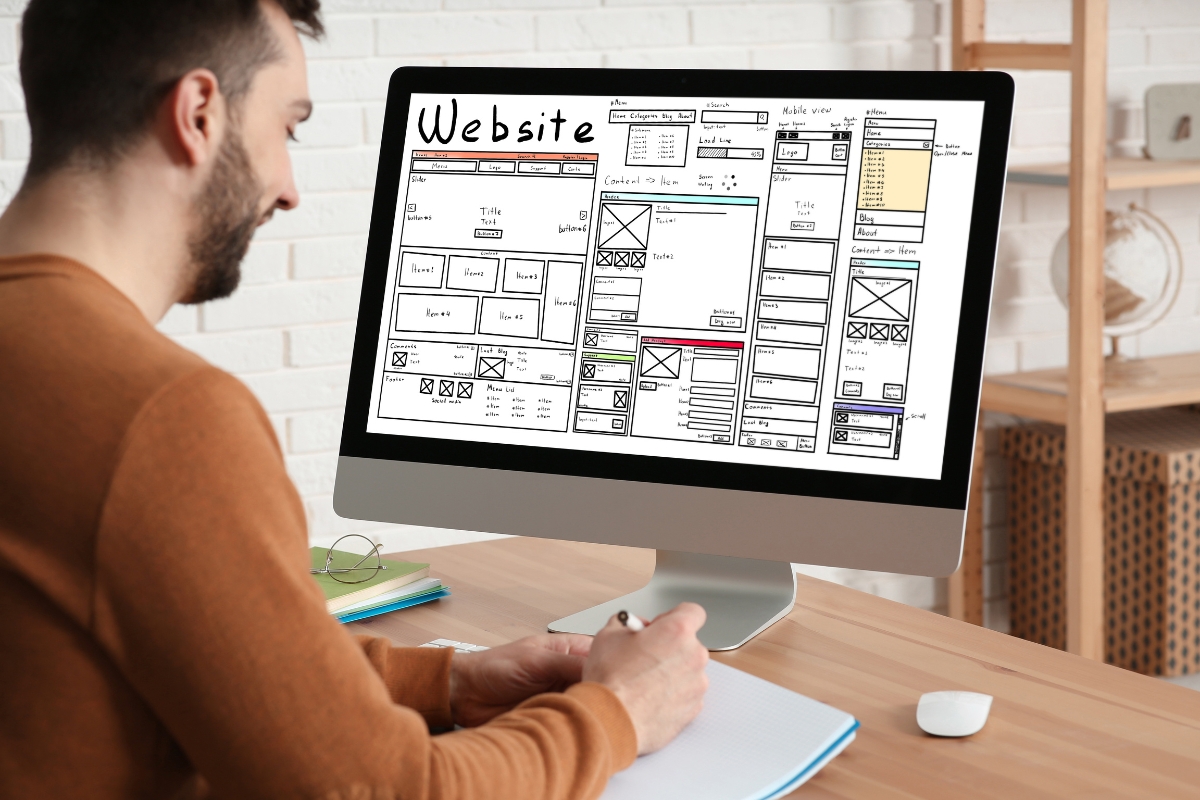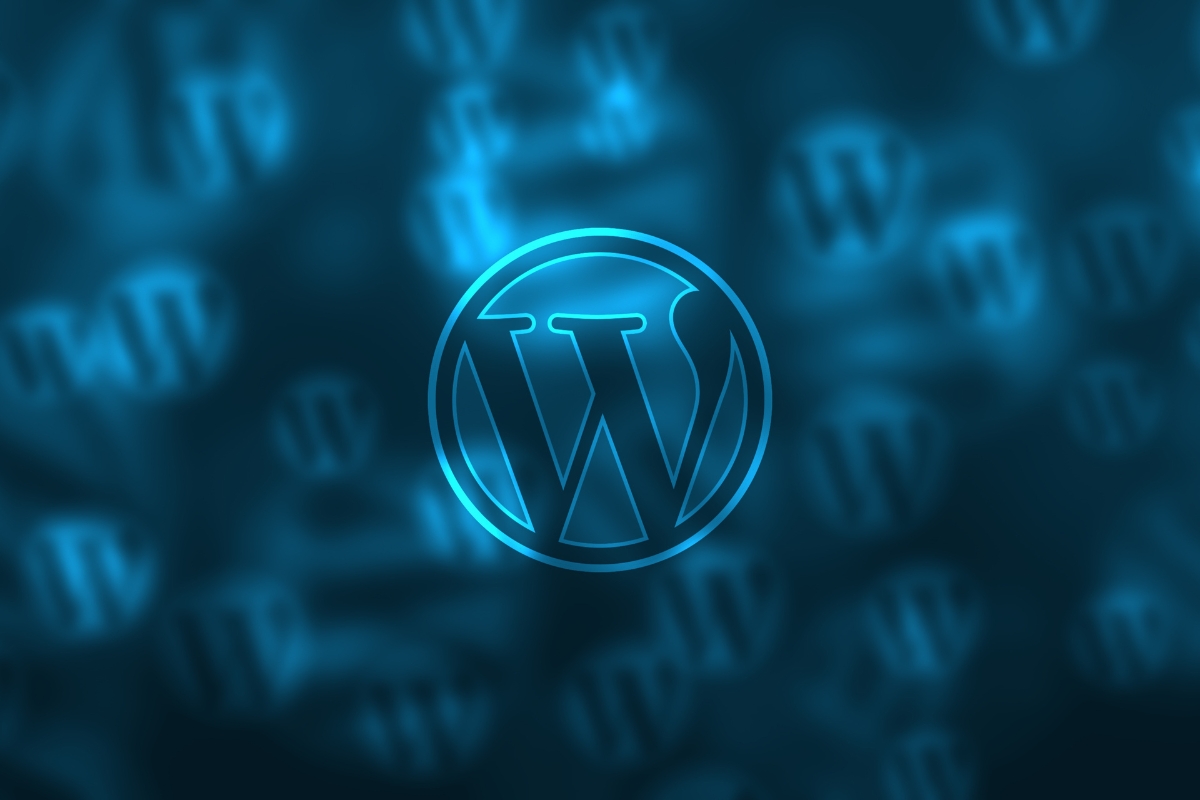Managing WordPress sites can feel like a complex endeavor, especially as your digital presence grows and evolves. However, with the right strategies and tools, it’s possible to streamline your workflow and ensure your WordPress sites run smoothly and efficiently.
In this guide, we’ll uncover tips and tricks to simplify the management of your WordPress sites, empowering you to navigate the platform with confidence and achieve success.
From optimizing site performance and enhancing security to managing plugins and updates effectively, these insights will help you take control of your WordPress sites and maximize their potential. Whether you’re a seasoned WordPress user or just starting out, get ready to discover how to simplify your WordPress site management and unlock the full power of this versatile platform.
Are You in Control? Mastering the Art of Managing WordPress Sites
Choosing the Right Theme: Setting the Foundation for Success

When it comes to managing WordPress sites, choosing the right WordPress theme is crucial. Your theme sets the visual tone for your website and plays a significant role in attracting and engaging visitors. With thousands of themes available, it can be overwhelming to make a decision. However, by considering a few key factors, you can narrow down your options and find the perfect theme for your site.
Consider the primary function of your website at the outset. Do you operate a blog, an e-commerce platform, or a portfolio site? Various themes are tailored to different website types, hence selecting a theme that complements your objectives is crucial. Seek out themes that provide functionalities tailored to your specific niche or field.
Secondly, consider the design and layout of the theme. Is it visually appealing? Does it have a clean and organized structure? Remember that simplicity often translates into better user experience. A cluttered or confusing layout can drive visitors away from your site.
In addition to design, functionality is another critical aspect to consider. Does the theme offer customization options? Can you easily modify colors, fonts, and other visual elements? Flexibility is key when it comes to tailoring your site to match your brand identity.
Lastly, don’t forget about responsiveness. In today’s mobile-driven world, having a mobile-friendly website is non-negotiable. Ensure that the theme you choose is responsive and adapts seamlessly across different devices and screen sizes.
Essential Plugins: Enhancing Functionality and User Experience

No WordPress site is complete without plugins. These powerful tools extend the functionality of your website and enhance user experience in various ways. From improving security to optimizing performance, plugins are essential for managing WordPress sites effectively.
One must-have plugin is a security plugin. It helps protect your site from malicious attacks, spam, and other threats. Look for plugins that offer features like firewall protection, malware scanning, and login security to safeguard your site’s integrity.
Another crucial plugin is an SEO plugin. Search engine optimization plays a vital role in driving organic traffic to your site. An SEO plugin can help you optimize your content, meta tags, and other elements to improve your site’s visibility in search engine results.
Additionally, consider installing a caching plugin to speed up your site’s performance. Caching plugins create static versions of your web pages, reducing the load on your server and improving page load times for visitors.
Lastly, don’t forget about social media integration. Social sharing plugins allow visitors to easily share your content on their favorite social platforms, increasing exposure and driving more traffic to your site.
Customization Techniques: Tailoring Your WordPress Site to Perfection

A well-customized WordPress site stands out from the crowd and creates a unique brand identity. With countless customization options available, you can transform a generic theme into a visually stunning masterpiece that reflects your personality or brand.
Start by customizing the colors and fonts of your website to match your brand identity. Use colors that evoke the right emotions and fonts that are easy to read across different devices.
Next, consider adding custom widgets or sidebars to enhance functionality and provide additional information or features for visitors. Widgets can display recent posts, social media feeds, or even an email subscription form.
If you have some coding knowledge or are willing to learn, you can take customization further by modifying the theme’s code directly. This allows for more advanced changes like adding custom post types or creating unique page templates.
Search Engine Optimization (SEO) Strategies: Boosting Visibility and Rankings

Managing WordPress sites goes hand in hand with implementing effective SEO strategies. By optimizing your site for search engines, you can increase visibility, attract more organic traffic, and improve your site’s rankings.
Start by conducting keyword research to identify the terms and phrases your target audience is searching for. Use these keywords strategically in your content, meta tags, headings, and URLs to signal to search engines what your site is about.
Optimize your site’s loading speed by compressing images, minifying CSS and JavaScript files, and using caching plugins. A fast-loading website not only improves user experience but also receives a ranking boost from search engines.
Don’t forget about creating high-quality content that provides value to your audience. Regularly publish informative blog posts or articles that answer common questions or address popular topics in your industry. This not only establishes you as an authority but also increases the likelihood of other websites linking back to yours.
Security Measures: Safeguarding Your WordPress Site from Threats

When managing WordPress sites, security should be a top priority. With cyber threats becoming increasingly sophisticated, it’s crucial to take proactive measures to protect your website and its data.
Start by keeping everything up to date. Regularly update WordPress core files, themes, and plugins to ensure you have the latest security patches installed. Enable automatic updates whenever possible for added convenience.
In addition to updates, use strong passwords for all user accounts on your site. Avoid using common passwords or easily guessable combinations of letters and numbers. Consider using a password manager tool to generate and store complex passwords securely.
Implement two-factor authentication (2FA) for an extra layer of security. 2FA requires users to provide two forms of identification before accessing their accounts, making it much harder for unauthorized individuals to gain access.
Lastly, consider using a security plugin that offers features like firewall protection, malware scanning, and login security. These plugins can help detect and prevent malicious attacks, block suspicious IP addresses, and monitor your site for any vulnerabilities.
Content Management Tips: Creating Engaging and Shareable Posts

When it comes to managing WordPress sites, one of the key aspects is creating engaging and shareable posts. To ensure your content stands out and resonates with your audience, here are some tips to consider:
- Know Your Audience: Before crafting any post, it’s crucial to understand who your target audience is. Tailor your content to their preferences, pain points, and interests to increase engagement.
- Compelling Headlines: Your post’s headline is the first thing that grabs a reader’s attention. Make sure it is catchy, concise, and gives a glimpse of what the content entails.
- High-Quality Visuals: Visual elements such as images, infographics, and videos can significantly enhance the appeal of your posts. They can make your content more shareable and engaging.
- Consistent Branding: Maintain a consistent tone, style, and branding across all your posts. This helps in creating a strong brand identity and makes your content easily recognizable.
- Engage with Your Audience: Encourage interaction by ending your posts with a question, prompting readers to leave comments or share their thoughts. Respond to comments promptly to build a sense of community.
- Include Share Buttons: Make it easy for readers to share your content by incorporating social media share buttons. This can help increase the reach of your posts and attract new readers.
- Optimize for SEO: Implementing managing WordPress sites strategies for search engine optimization can improve the visibility of your posts. Use relevant keywords, meta descriptions, and alt tags to boost your content’s ranking.
- Offer Value: Provide valuable information, insights, or entertainment in your posts. When readers find your content useful, they are more likely to share it with others.
By following these tips and consistently creating engaging and shareable posts, you can enhance the performance of your WordPress site and build a loyal readership.
Performance Optimization: Speeding Up Your WordPress Site for Peak Efficiency

A slow-loading website can frustrate visitors and lead them to abandon your site before even exploring its contents. To ensure peak efficiency when managing WordPress sites, optimize performance by implementing various techniques.
Firstly, choose a reliable hosting provider that offers fast servers optimized for WordPress. A good hosting provider will ensure minimal downtime and quick response times when visitors access your site.
Optimize your images by compressing them without sacrificing quality. Large image files can significantly slow down your site’s loading speed. Use image optimization plugins or online tools to reduce file sizes before uploading them to your site.
Minifying CSS and JavaScript files can be achieved by eliminating redundant characters, spaces, and comments, leading to enhanced loading speeds and reduced file sizes. Additionally, various caching plugins provide minification functionalities.
By enabling browser caching, static copies of your web pages are stored on users’ devices. This results in quicker loading times during return visits, as the browser doesn’t have to fetch all page components anew.
Conclusion: Mastering the Art of Managing WordPress Sites
Managing WordPress sites may seem like a daunting task at first, but with the right tips and tricks, it becomes a rewarding endeavor. By choosing the right theme, enhancing functionality with essential plugins, customizing your site to perfection, implementing SEO strategies, prioritizing security measures, creating engaging content, and optimizing performance, you can master the art of managing WordPress sites.
Newman Web Solutions is here to simplify the process and empower your online presence. With our expertise in WordPress services, we make navigating WordPress a breeze, ensuring your website operates seamlessly and efficiently. Contact us today at (404) 301-9189 to learn more about how we can support your WordPress journey. Schedule a free 30-minute marketing strategy session on our website and let’s work together to maximize the potential of your website.





